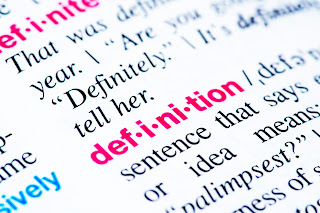
8/16 An Analysis of Qatar’s Mediation Law No. 20 of 2021, Party Self-Determination, Part 3: Mediator Influence, Process Design, and Process Choices Party self-determination in mediation has both substantive and procedural aspects. In my last post , I discussed how the Qatar Mediation Law potentially impacted the parties' substantive self-determination and high-quality decision-making about the outcome. Procedural Self-determination and Party Control of the Process In this post, I look at party self-determination over the process design and process choices during the mediation. To structure this discussion, I first describe another framework for analyzing the Qatar Mediation Law. Many steps in the mediation process invite input from the parties or their lawyers. But, the program design or the interventions of a mediator can undermine that procedural self-determination. The following list provides some of the process decisions in which parties or their lawyers cou...






